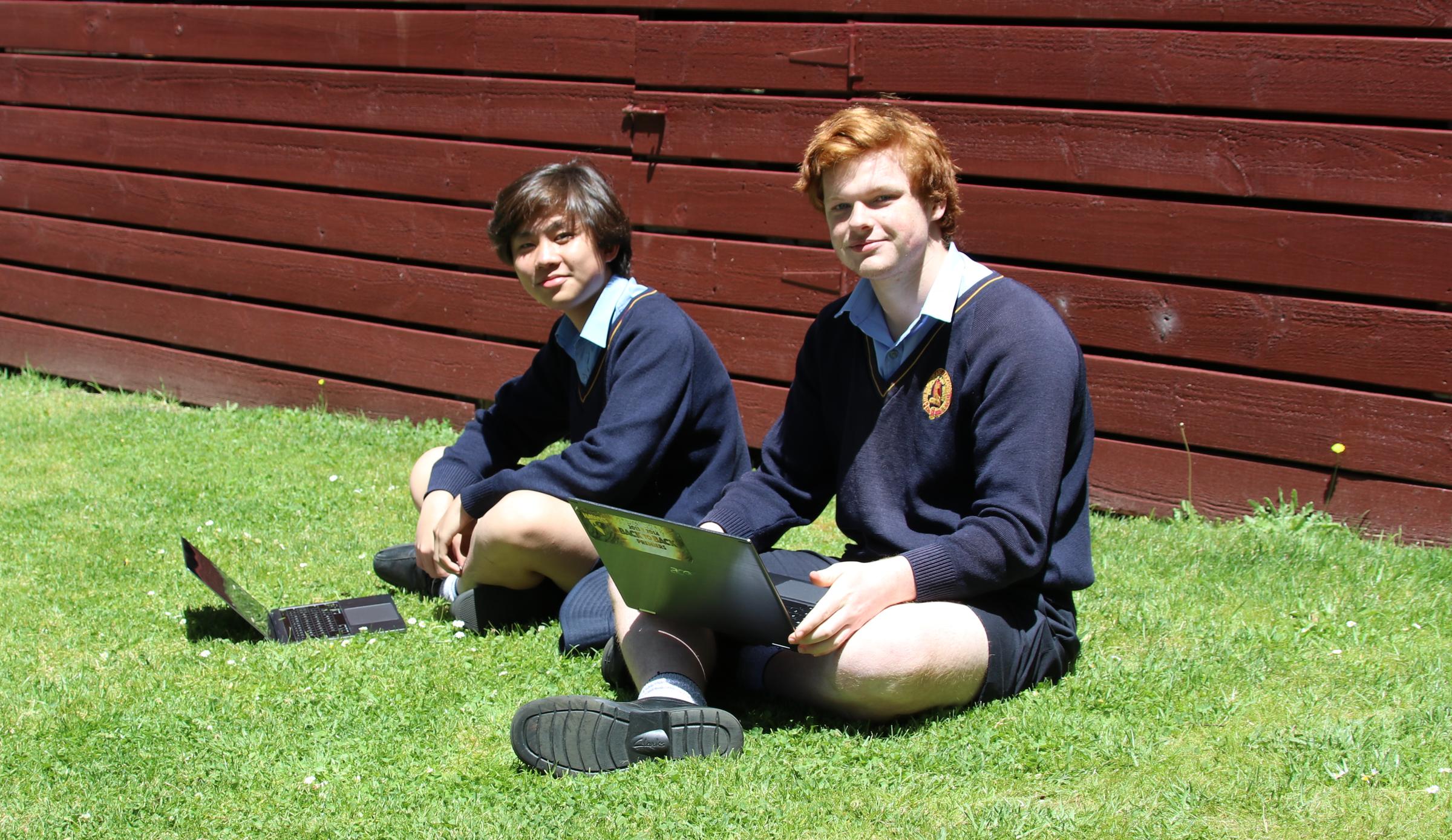Boarding
Exam Prep and Support for Boarders

Boarding
Exam Prep and Support for Boarders
Prep in the boarding house is a time in which students usually take one of three paths.
1. Head down flat out- something is due the next day,
2. Something is due in the coming days and it would be in my best interests to complete it ahead of time, and
3. I’ve got no homework!
Sometimes it is easy as a student to get caught up in the work they are doing, and not understand the importance of how to complete the task. This is no more important than during an exam period. Students have all heard the word ‘revision’ but many don’t understand how to actually revise. Last week during prep, Frances O’Brien and I ran a study skills session. The session was designed for the boarders to gain a sense of identity as a learner.
The evening was an introduction to how you learn. The intention was to provide boarders with the understanding of their learning style so they are able to revise in a way that fits with their style. These are generally known as kinaesthetic, auditory, and visual styles of learning. If you would like to partake in the survey your child completed, please follow this link. What's Your Learning Style? 20 Questions (educationplanner.org)
From undertaking the survey, the boarders discovered if their strengths were primarily auditory, kinaesthetic or visually based. From there, they were able to tailor their revision to their individual strengths.
For example, if you are a:
Kinaesthetic learner, you learn by doing.
Some suggested revision strategies are
Auditory learner, you learn by hearing
Some suggested revision strategies are
Visual Learner, you learn by seeing
Some suggested revision strategies are
Hopefully, the session opened their eyes to some other revision options available to them. Secondly, it is important that determining what doesn’t work as a revision strategy is as important as working out what strategies do work. Both Frances and I eagerly await our next MOD session, to determine whether any new strategies are being trialled.


Andrew Monk